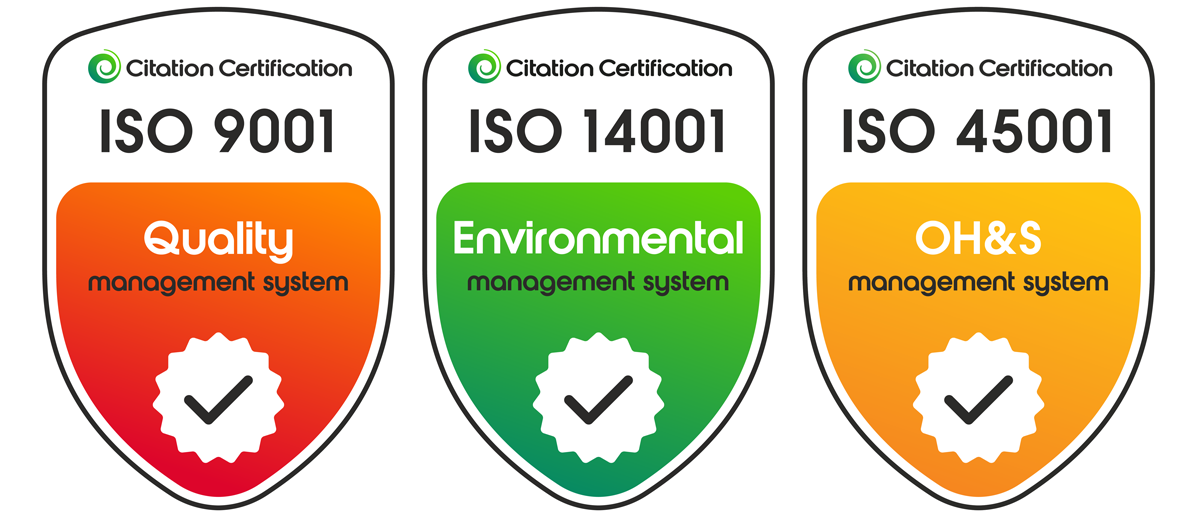Addiction support within NHS England is a vital public health function, grounded in a mandate to prevent, intervene early, and support recovery across behavioral health challenges. Post-2015, the NHS has evolved its approach, integrating preventive care with responsive interventions, especially amid rising risks from digital engagement—particularly in gambling and online gaming. These social spaces, including platforms like BeGamblewareSlots, intersect with addiction risk through novel behavioral triggers, demanding nuanced, science-based oversight.
NHS England’s Strategic Framework for Addiction Care
At its core, NHS England’s addiction strategy emphasizes preventive models, early intervention, and sustained recovery. Services are designed around *primary prevention*—reducing risk before escalation—and *community-based recovery support*, aligning with behavioral health trusts and local authorities. Ethical boundaries emerge when regulating gambling, a dual-use risk factor: socially engaging yet potentially harmful. The framework balances accessibility with safeguarding, ensuring responsible access without compromising public health integrity.
Cross-sector collaboration and ethical regulation
NHS England does not act alone; partnerships with local authorities and behavioral health trusts amplify reach and effectiveness. This integrated model is vital in addressing complex factors—such as digital gambling’s growing presence—where isolated interventions fall short. Ethical regulation requires nuanced judgment: promoting choice while shielding vulnerable populations, especially adolescents exposed through platforms like BeGamblewareSlots.
The Science of Addictive Behaviors: Insights from London South Bank University
Neurocognitive research reveals compulsive gaming and gambling activate reward pathways similarly to substance dependence. Key mechanisms include dopamine surges during intermittent reinforcement—a pattern exploited in freemium slot games where small wins simulate progress. Risk indicators in young adults include impulsivity, emotional regulation lapses, and heightened sensitivity to social cues within online communities. Social reinforcement—likes, shared wins, and group participation—fuels sustained engagement, deepening vulnerability over time.
- Neurocognitive pathways mirror those in substance addiction, with dopamine-driven cravings reinforcing compulsive behavior.
- Adolescents face amplified risk due to ongoing brain development and peer-driven validation online.
- Social reinforcement loops create feedback cycles that sustain engagement, even amid declining reward response.
Technical Safeguards: Pentest Testing and Age Verification Gaps
Penetration testing exposes critical flaws in age verification systems, revealing how digital gateways can be bypassed, increasing adolescent exposure. Studies indicate that even technologically robust platforms fall short when systems rely on static ID checks or inadequate behavioral analysis. Once bypassed, vulnerable users face unmonitored access, heightening exposure to compulsive behaviors. NHS England responds with guidance urging digital safeguards, including dynamic identity verification and real-time behavioral monitoring tailored to at-risk demographics.
| Common vulnerabilities | Consequences | NHS England’s recommended safeguard |
|---|---|---|
| Weak ID validation | Unrestricted adolescent access | Mandate multi-factor identity checks and age-proofing tech |
| Insufficient behavioral monitoring | Unchecked escalation of risky behavior | Deploy AI-driven pattern analysis and real-time alerts |
| Lack of parental controls | Unsupervised exposure | Recommend platform-integrated parental dashboards and consent protocols |
BeGamblewareSlots as a Case Study in Responsible Gambling
Freemium slot games exemplify modern addictive design—low-cost entry, variable rewards, and social sharing features that simulate progress. Within online communities, peer influence accelerates engagement, leveraging social proof and competition. NHS England monitors these platforms not through prohibition, but through evidence-based oversight: identifying risk patterns, promoting transparency, and supporting interventions aligned with recovery goals. The BGS’s stamp of approval—accessible at BGS’s stamp of approval—signals compliance with ethical standards, offering users reassurance of safeguarded play environments.
Broader Implications for Addiction Support Systems
The integration of digital literacy and behavioral monitoring into public health policy reflects a shift toward proactive, adaptive systems. As entertainment evolves, so must safeguards—balancing innovation with ethical responsibility. NHS England’s role extends beyond regulation to education, empowering users and providers with tools to recognize early warning signs. Platforms like BeGamblewareSlots demonstrate how real-world applications of these principles create measurable impact, turning risk into opportunity through vigilant, responsive care.
Systemic approaches over isolated interventions
Addiction support thrives when multiple layers converge: clinical services, public education, digital safeguards, and cross-sector collaboration. Siloed efforts fail to address the interconnected nature of behavioral risk. By embedding prevention, early detection, and recovery into everyday systems—such as schools, community centers, and digital platforms—NHS England fosters resilience at scale.
Conclusion: The Invisible Infrastructure of Addiction Support
Behind every public health success lies unseen infrastructure—monitoring systems, data analytics, and policy frameworks quietly protecting vulnerable populations. The evolving threat of digital gambling underscores the need for continuous adaptation. BeGamblewareSlots and similar examples reveal how NHS England’s protective strategies operate not in isolation, but as part of an invisible yet robust network. By understanding both the science and the systems, we strengthen the foundation of community well-being—one informed intervention at a time.





